Review of Travis Lupick, Fighting for Space: How a Group of
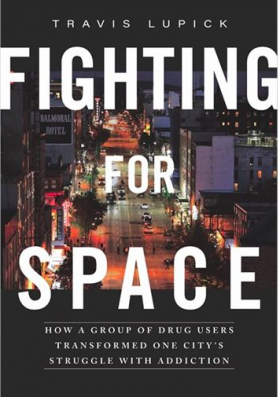

About two thirds into Wages of Rebellion, Chris Hedges discusses the writing of Thomas Paine, saying “[Paine] spoke undeniable truths. And he did so in a language that was accessible…

Review of Arthur Manuel and Grand Chief Ronald M. Derrickson, Unsettling Canada: A National Wake-Up Call (Between the Lines, 2015)
This vivid political memoir is co-authored by two prominent Indigenous leaders from interior British Columbia, Arthur Manuel (Secwepemc) and Grand Chief Ronald M. Derrickson (Syilx/Okanagan and Grand Chief of the Union of British Columbia Indian Chiefs). Manuel’s voice predominates in the balance of the book, while Derrickson has written the afterword.
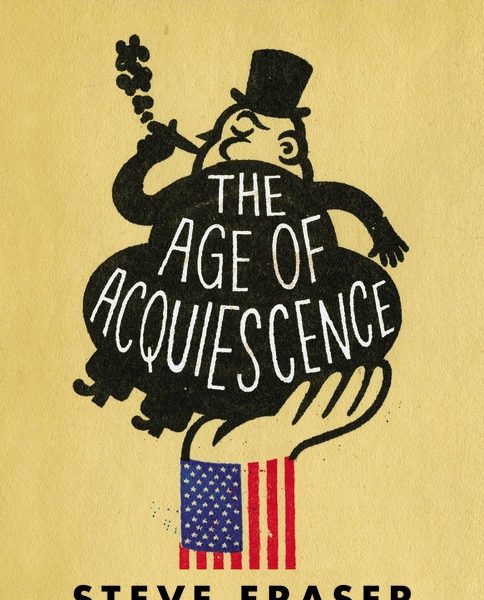
Review of Steve Fraser, The Age of Acquiescence: The Life and Death of American Resistance to Organized Wealth and Power (New York: Little, Brown and Company, 2015)
All of us on the left are all too familiar with the capitalist offensive of the past forty years. Under the banner of “neo-liberalism” capital has rolled back almost every gain working people across the world have made since the 1930s. All sorts of public industries, services and institutions have been privatized, social welfare programs that protected workers from the worst insecurities of the labour-market have been rolled back or simply abolished and unions and working class political parties that had traditionally organized and represented working people have been severely weakened.
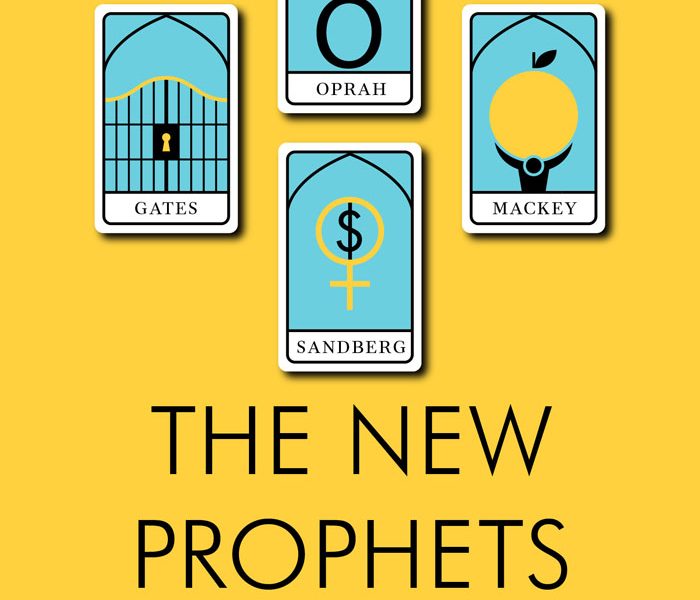
Review of Nicole Aschoff, The New Prophets of Capital (Verso Books, 2015)
Storytelling is important to humans. Storytelling is equally as important to capitalism. In her new book Nicole Ashoff examines the elite in in our society and the stories they tell. She calls them, as the title suggests, “The New Prophets of Capital.”
Many people go to jobs they don’t like and produce things that don’t improve human life. Nicole Aschoff asserts – and I am inclined to agree with her – that this is a strange way to organize society.
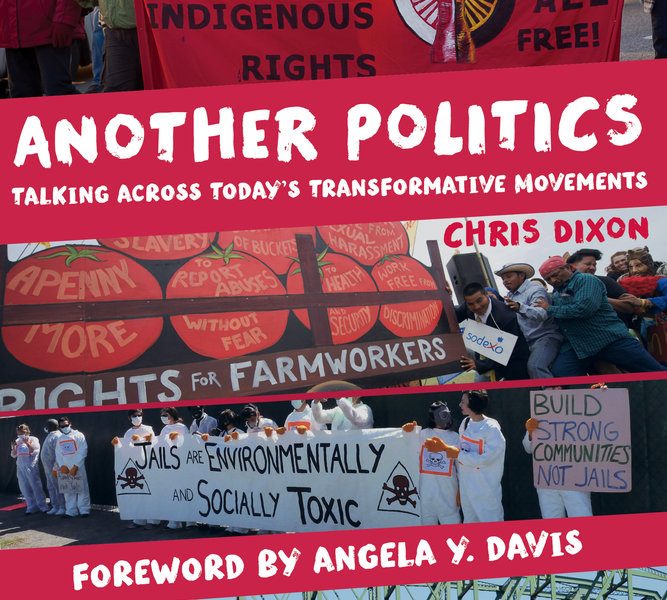
By Steve D’Arcy
Review of Chris Dixon, Another Politics: Talking Across Today’s Transformative Movements (University of California Press, 2014)
If there’s one thing that activists often lack, it is opportunities to reflect about what they’re trying to do, and how it might be done differently and better. Often overworked and pressured to focus on pragmatic and tactical questions under urgent timelines, it can be difficult to give political and strategic reflection the attention it deserves.
Just in the past couple of years, however, a number of widely discussed and important books have been published, inviting serious thinking and sometimes rethinking about what left activists are up to when they organize for social change.
By Matthew Brett
Review of Alan Sears, The Next New Left: A History of the Future (Fernwood Publishing, 2013)
Review of New Forms of Worker Organization: The Syndicalist and Autonomist Restoration of Class-Struggle Unionism, edited by Immanuel Ness, Oakland (PM Press, 2014)
By Steve Early
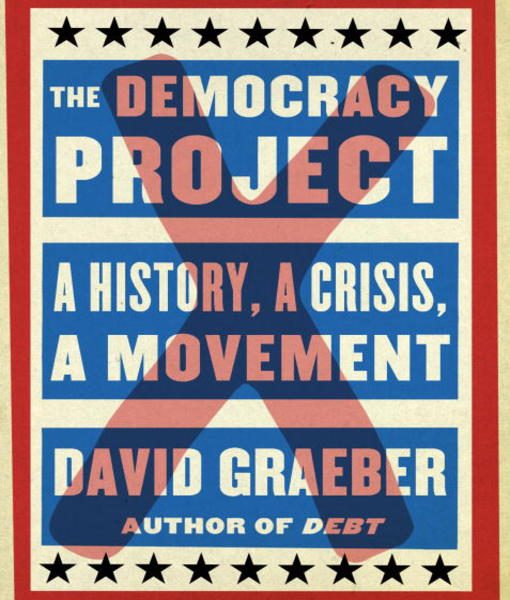
Review of David Graeber, The Democracy Project: A History, a Crisis, a Movement (Allen Lane, 2013)
Was the Occupy movement an anarchist movement? David Graeber certainly thinks so and dedicates much of The Democracy Project depicting it in these terms.
In reality the influence of Anarchism as a diverse political current was highly uneven across the hundreds of occupations that took place globally in September, October and November of 2011. The relative influence of anarchists, socialists, feminists, Indigenous activists, greens, social democrats, left nationalists, and others varied largely according to the relative strengths of these currents prior to the emergence of the Occupy movement, and how they conducted themselves during the course of the encampments.
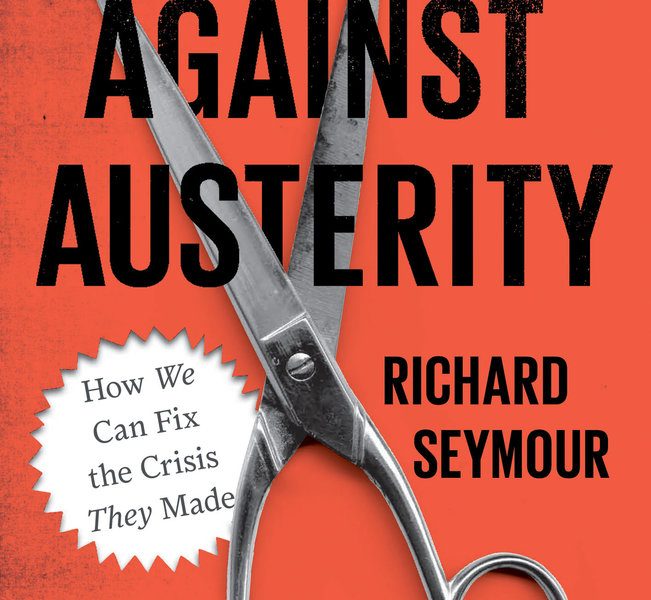
By Alan Sears
Review of Richard Seymour, Against Austerity: How We Can Fix the Crisis They Made (Pluto Press, 2014)
Richard Seymour’s new book is an unflinching and insightful analysis of the current situation in which the radical left finds itself. These are hard times for radicals in Northern Europe and North America. You would think this would be a period of mass radicalization, given the glaring inequality being produced by blatant attacks on social programs, wages, migrants’ rights and job security. Yet there are few effective fightbacks, and activist circles in some places are actually getting smaller.
By Harold Lavender
Review of Sasha Lilley (ed.), Catastrophism: The Apocalyptic Politics of Collapse and Rebirth (PM Press, 2012)
Images and talk of catastrophes are pervasive in today’s world. Much discussion of the subject ignores issues of social justice and is not very favourable to a left-wing perspective. Yet the spectre of catastrophic climate change haunts the future. Climate change is wreaking destruction on many, is getting worse and poses a potential threat to life on the planet. This raises many serious questions about how the Left should respond.
Review of Social Democracy After the Cold War. Edited by Bryan Evans and Ingo Schmidt. 2012. Edmonton: AU Press.
By James Cairns
Review of Zak Cope, Divided World, Divided Class: Global Political Economy and the Stratification of Labour Under Capitalism (Kersplebedeb, 2012)
By Charlie Post
A specter has haunted anti-capitalist radicals and revolutionaries for more than 150 years—the specter of working class reformism and conservatism in the global North of the capitalist world economy. Why have those who Marx called the “grave-diggers of capitalism,” the wage-earning majority of the industrialized societies, embraced politics that either seek to “balance” the interests of capital and labour (reformism) or blame other workers for falling living standards and working conditions (conservatism)?
Review of James Cairns and Alan Sears, The Democratic Imagination: Envisioning Popular Power in the Twenty-First Century (University of Toronto Press, 2012)
By Salmaan Khan
Review of David Gilbert, Love and Struggle: My Life in SDS, The Weather Underground, and Beyond (PM Press, 2012).
By Kim Moody
Review of Judy Rebick, Occupy This! (Penguin, 2012).
By Donya Ziaee
Reading long-time activist Judy Rebick’s new e-book Occupy This! re-awakened memories of my experience at the Occupy Toronto encampment in its very early days. The optimism, excitement and hope with which Rebick pens her latest book is quite reminiscent of the sentiments that drew me, and perhaps many others, to the camp in the initial period.
Review of Bianca Mugyenyi and Yves Engler, Stop Signs: Cars and Capitalism on the Road to Economic, Social and Ecological Decay (Fernwood/RED, 2011).
By Harold Lavender
By Maryann Abbs
Review of Eric Mann, Playbook for Progressives: 16 Qualities of the Successful Organizer (Boston: Beacon Press, 2011).
By Sarah Hines
Review of Jeffery Webber, From Rebellion to Reform in Bolivia: Class Struggle, Indigenous Liberation and the Politics of Evo Morales (Chicago: Haymarket, 2011).
Bolivia has been on forefront of challenges to neoliberalism in Latin America and the Global South, and stands out for the level of autonomy and power achieved by its social movements.